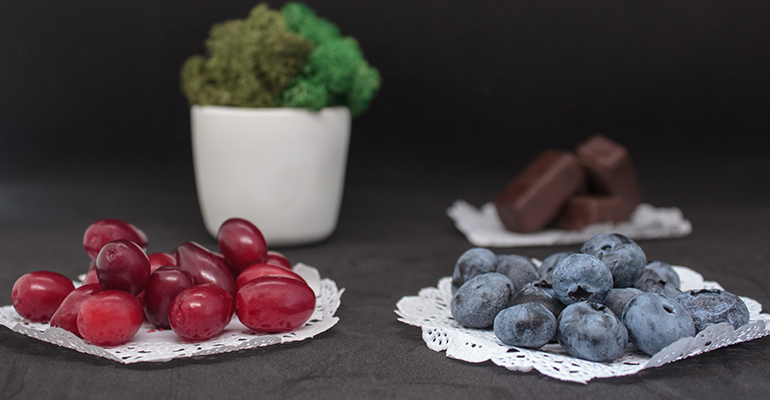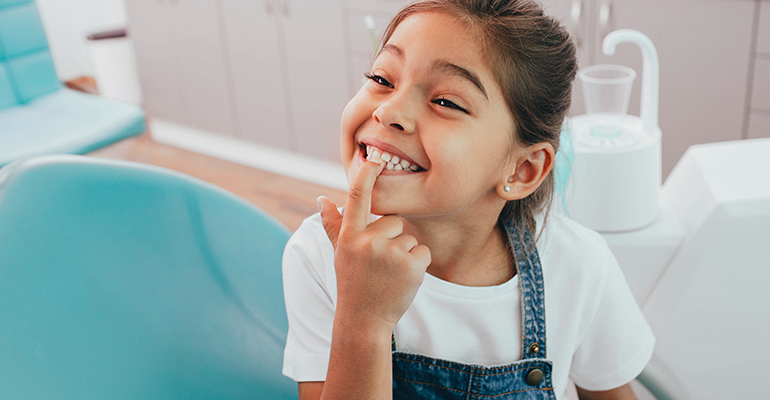Welcome to SJGLE.com! |Register for free|log in
Welcome to SJGLE.com! |Register for free|log in

Related Searches: Tea Vitamin Nutrients Ingredients paper cup packing
Research by public health campaign group Action on Sugar found over three quarters of products that claim to have ‘no added sugars’ or ‘only naturally occurring sugars’ actually contained added sugars from fruit juices, concentrates and purees.

© AdobeStock/AntKus
“It’s a scandal that certain food companies are being allowed to peddle their high-sugar products to parents with very young children – despite being aware that babies and toddlers shouldn’t be having any added sugar at all,” said Graham MacGregor, professor of cardiovascular medicine at Queen Mary University of London and chairman of Action on Sugar.
“Our children should not have to suffer unnecessarily from this. Manufacturers should act responsibly and commit to reducing sugar, salt and calories instead of foisting unhealthy products with misleading nutrition claims upon well-meaning parents."
The UK non-profit wants these misleading nutrition and health claims removed from baby and toddler food and drink products to ensure baby aisles in supermarkets are a “safe space” for parents.
Action on Sugar is also urging new UK health minister Steve Barclay to publish and mandate the overdue commercial baby food and drink guidelines that highlight the inconsistencies of the food industry in supporting the adoption of a healthy diet.
The survey looked at almost 100 baby and toddler breakfast items sold in UK supermarkets. In the flavoured rice category Ella’s Kitchen’s banana, apple & blueberry baby rice had the highest sugar per serve, with 14.5 grams (g) sugar per pouch - equivalent to four teaspoons sugar.
In contrast, Ella’s Kitchen’s pear and peach baby rice pouch had the lowest sugar per serve, with 10.0g sugar per pouch.
In the prepared flavoured porridge category, Ellas Kitchen overnight oats with apple pieces, banana and poppy seeds dairy free had the highest sugar per serve, with 12.0g sugar per pouch.
Ella’s Kitchen dairy free coconut milk, pear and fig porridge had the lowest sugar per serve in the category coming in at 7.3g sugar per pouch.
“Added sugar has found its way into almost all food and the use of sugar as a means to calm, entertain or reward children has become normalised rather than consumed as an occasional treat,” said Dr Linda Greenwall, founder of the Dental Wellness Trust.
“This excess leads to toothache and suffering – not just in children but in adults too which is why tooth decay remains one of the most widespread health problems – all of which is entirely preventable.
“For this to change, manufacturers need to dramatically reduce the unnecessary sugar added to their products and the government must help fund oral health prevention and toothbrushing programmes in schools and nurseries as an effective way of preventing this public health crisis from getting worse,” she added.
 © AdobeStock/Peakstock
© AdobeStock/Peakstock
Other survey findings revealed that in the yoghurt-based breakfast (fruit flavoured) category, Ella’s Kitchen banana baby brekkie achieved top spot in sugar per serving, with 13.6g.
The lowest amount of sugar per serving in this category was Little Freddie creamy pink lady apple Greek style yoghurt pouch with 5.3g of sugar per serving.
The survey also revealed that Babease simply smooth avocado breakfast with yoghurt, spinach and oats (3.5g sugars per serve) was the only product in this survey that used vegetables (no additional fruit) as a flavour for their product.
In addition, HiPP organic banana yogurt breakfast, sugar content 6.9g/100g used around 40% less banana than Ella’s Kitchen Banana Baby Brekkie, 13.6g/100g.
The results echo similar findings by the British Dental Association (BDA) which conducted a study of 109 baby pouches aimed at children under the age of 12 months.
Researchers found over a quarter contained more sugar by volume than Coca-Cola, with parents of infants as young as four months being marketed pouches that contained the equivalent of up to 150% of the sugar levels of the soft drink.
"The food industry is walking parents down the garden path, pushing sugar-laden products as healthy options,” said Eddie Crouch, BDA Chair.
“Claims of no added sugar are utterly meaningless when toddlers are receiving four teaspoons over breakfast. Tooth decay is the number one reason for hospital admission among young children, and Ministers cant remain bystanders,” he added.
In 2017, the UK Government introduced the Sugar Reduction Programme, with a 20% reduction in sugar levels in certain key contributors to childrens sugar intake expected by 2020. The progress report issued in 2019 showed that only 3% of this reduction had been met.
E-newsletter
Tags